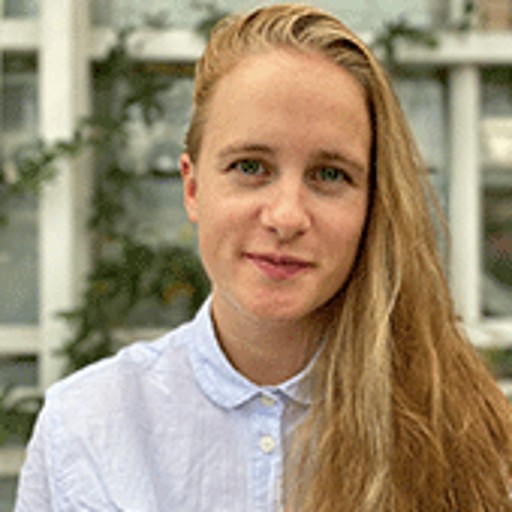Rocío Mercado, a researcher at the DSAI division at Chalmers, will present her work on 'Deep generative models for biomolecular engineering'.
Overview
- Date:Starts 22 May 2023, 14:00Ends 22 May 2023, 15:00
- Location:Analysen, EDIT building
- Language:English

Abstract
AI is transforming our approach to biomolecular engineering. Driven by the goal of accelerating drug development, our aim is to develop AI-driven molecular engineering methods which will enhance our approach to molecular discovery, such as drug discovery, drug repurposing, and chemical probe identification. This entails the development of generative and predictive tools that can learn from biochemical data, such as molecular structures, chemical reactions, and biomedical data. While AI can be applied to a range of molecular engineering tasks, one ideal area is de novo molecular design. De novo design is the concept of designing molecules with desired properties from scratch so as to minimize experimental screening, and is poised to allow scientists to more efficiently traverse chemical space in search of optimal molecules, and delegate error-prone decisions to computers via the use of predictive and generative models. In drug development, de novo design methods can aid medicinal chemists in the design and selection of drug candidates, with the added advantage that they can learn from datasets of billions of molecules in minutes and be constantly updated with new data. Deep molecular generative models are a particular approach to de novo design which uses deep neural networks to generate new molecules in silico, and works by proposing atom-by-atom (or fragment-by-fragment) modifications to an initial graph structure to generate compounds predicted to achieve a certain property profile. Such models can be applied to a range of therapeutic modalities.
In this talk, I will discuss the development of deep generative models for various bimolecular engineering tasks relevant to early-stage drug discovery. These include a model for synthesizability-constrained molecular generation, a reinforcement learning framework for molecular graph optimization, and recent applications from our group to the design of large modalities for targeted protein degradation.
About the speaker
Rocío is a WASP AI/MLX assistant professor in the Data Science and AI division at Chalmers. Previously, she was a postdoctoral associate in the Coley group at MIT, as well as an industrial postdoc in the Molecular AI team at AstraZeneca. Throughout her research career, she's worked on the development of deep generative models for small molecule drug discovery, and she is passionate about the development of AI-based methods for improving the way novel therapeutics are currently designed. Before AstraZeneca, she was a PhD student in Professor Berend Smit's molecular simulation group at UC Berkeley and EPFL. Her group's research is highly interdisciplinary and bridges methods from artificial intelligence, bioinformatics, and computational chemistry to tackle challenging problems in biomolecular engineering.
This is a seminar from the DSAI seminars series usually held every Monday at 14:00 by the Data Science and AI division. The seminars are usually hybrid.

